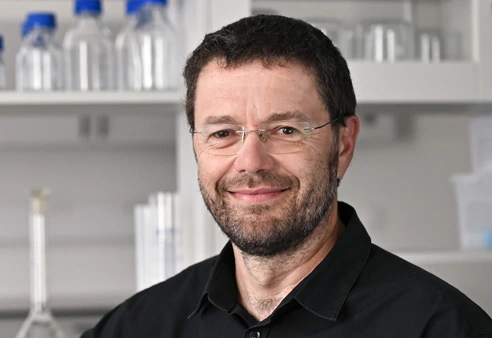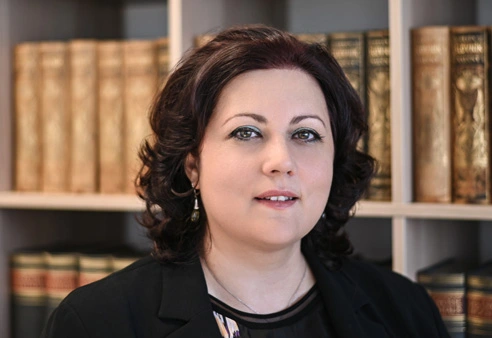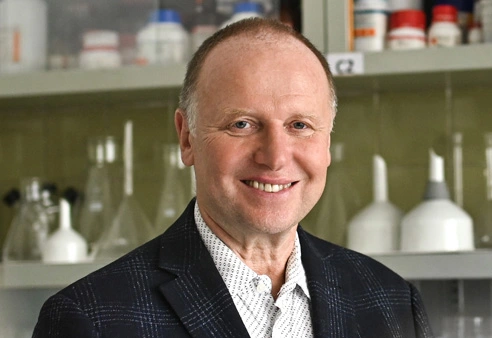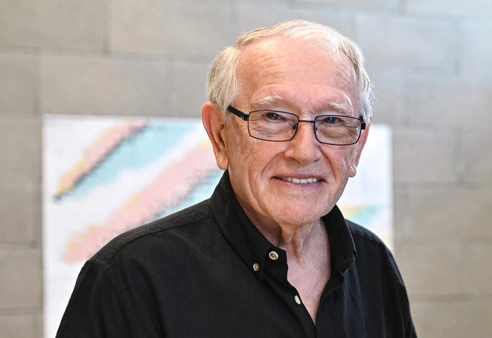She can conduct her research at the hospital, but also on a park bench. Stressful situations, the object of interest of prof. PharmDr. Daniela Ježová, DrSc., can happen anywhere. This experienced pharmacologist and hear team work on too many topics for us to summarise her activities. As she says herself, “New results lead us to new questions and broaden our focus. Within general knowledge, we try to look for directions that nobody has explored yet. Revealing these directions gives us great joy.” Professor Ježová works at the Institute of Experimental Endocrinology of the Slovak Academy of Sciences and at the Faculty of Medicine of Comenius University in Bratislava.
Professor Ježová works on researching the effect of hormones and their role in managing stressful situations. She also studies the role of hormones in the development and progress of mental disorders. “I was very happy when our team managed to find completely new effects of the stress hormone aldosterone. It was assumed to have no possible effect on the brain. We managed to prove that it affects brain function and has an impact on the development and progress of depression the depressive disorder,” Professor Ježová says. Her team managed to prove that high concentrations of the hormone are a marker of the mental state of patients with depression.
Although Professor Ježová focuses on basic research, she believes that her findings will not only motivate further research, but will also serve as the basis for new types of treatment for depressive disorders. “I think the biggest wish of all scientists in basic medical sciences is to prove that their new knowledge based on experiments can be used on people and thus help treat diseases and overcome difficult life situations,” she says. Together with her team, she examined stressful situations in the lives of engine drivers, surgeons, intensive care unit nurses, journalists and successful managers, and in some cases, gave them individual advice.
Professor Ježová’s other activities concern those who are only at the beginning of their journey through life. She and her team examine mothers and their newborn children. Their research makes use of a stressful situation that happens to newborns during the mandatory heel prick test that is part of the screening for congenital disorders. After the procedure, they examine the hormones in the children’s and their mothers’ saliva and later compare them to the hormones in the saliva when the child is 7 to 9 months old. By doing so they seek to prove that, simply said, a mother’s hormonal system is connected to that of her child.
When Daniela Ježová was choosing her path after her studies, she wanted to avoid doing something monotonous. Upon seeing an advertisement for the Institute of Experimental Endocrinology related to examining the stress experienced by skydivers, she knew that was her calling. She pursues it to this day, faced with new challenges all the time. She currently focuses on research into the role of hormones in relation to empathy with other people’s suffering. During the pandemic, she was able to make use of the opportunities this unpredicted situation had brought. She examined the presence of cortisol in the hair of mothers and their children and found a connection there. Professor Ježová today enjoys working with postgraduates and other students of several faculties of Comenius University, where she likes to pass her knowledge on, and reminds us that collaboration with her colleagues is important to her. When she needs to rest, she likes to spend time with her grandchildren and her Yorkshire terrier, and she also exercises regularly.



